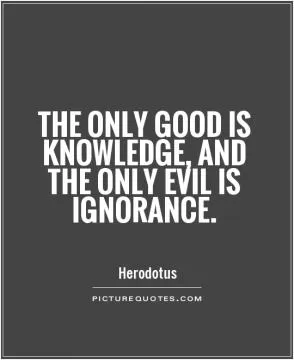Circumstances rule men; men do not rule circumstances

Circumstances rule men; men do not rule circumstances
In the context of Herodotus, the quote "Circumstances rule men; men do not rule circumstances" holds significant meaning. Herodotus, often referred to as the "Father of History," was a Greek historian who lived during the 5th century BC. He is known for his meticulous research and detailed accounts of the events of his time, particularly the Greco-Persian Wars.Herodotus believed that human actions were often influenced and shaped by external circumstances beyond their control. He recognized the power of fate, fortune, and the unpredictable nature of events in shaping the course of history. In his seminal work, "The Histories," Herodotus explores the complex interplay between human agency and external forces, highlighting how individuals and societies are often at the mercy of larger historical forces.
One of the key themes in Herodotus' work is the concept of hubris, or excessive pride, which often leads to downfall. He illustrates how individuals who believe they are in control of their own destiny are ultimately brought low by unforeseen circumstances. For example, in his account of the Persian king Xerxes' failed invasion of Greece, Herodotus shows how Xerxes' arrogance and overconfidence in his own power led to his defeat at the hands of the Greeks.
Herodotus also emphasizes the role of divine intervention in shaping human affairs. He frequently mentions the influence of the gods in determining the outcome of events, suggesting that even the most powerful rulers are subject to the whims of the divine. This belief in the power of fate and the gods underscores Herodotus' view that circumstances often dictate the course of history, rather than the actions of individuals.
Overall, Herodotus' work serves as a powerful reminder of the limitations of human agency in the face of larger historical forces. The quote "Circumstances rule men; men do not rule circumstances" encapsulates this idea, highlighting the complex and often unpredictable nature of history as seen through the lens of one of the greatest historians of antiquity.












 Friendship Quotes
Friendship Quotes Love Quotes
Love Quotes Life Quotes
Life Quotes Funny Quotes
Funny Quotes Motivational Quotes
Motivational Quotes Inspirational Quotes
Inspirational Quotes